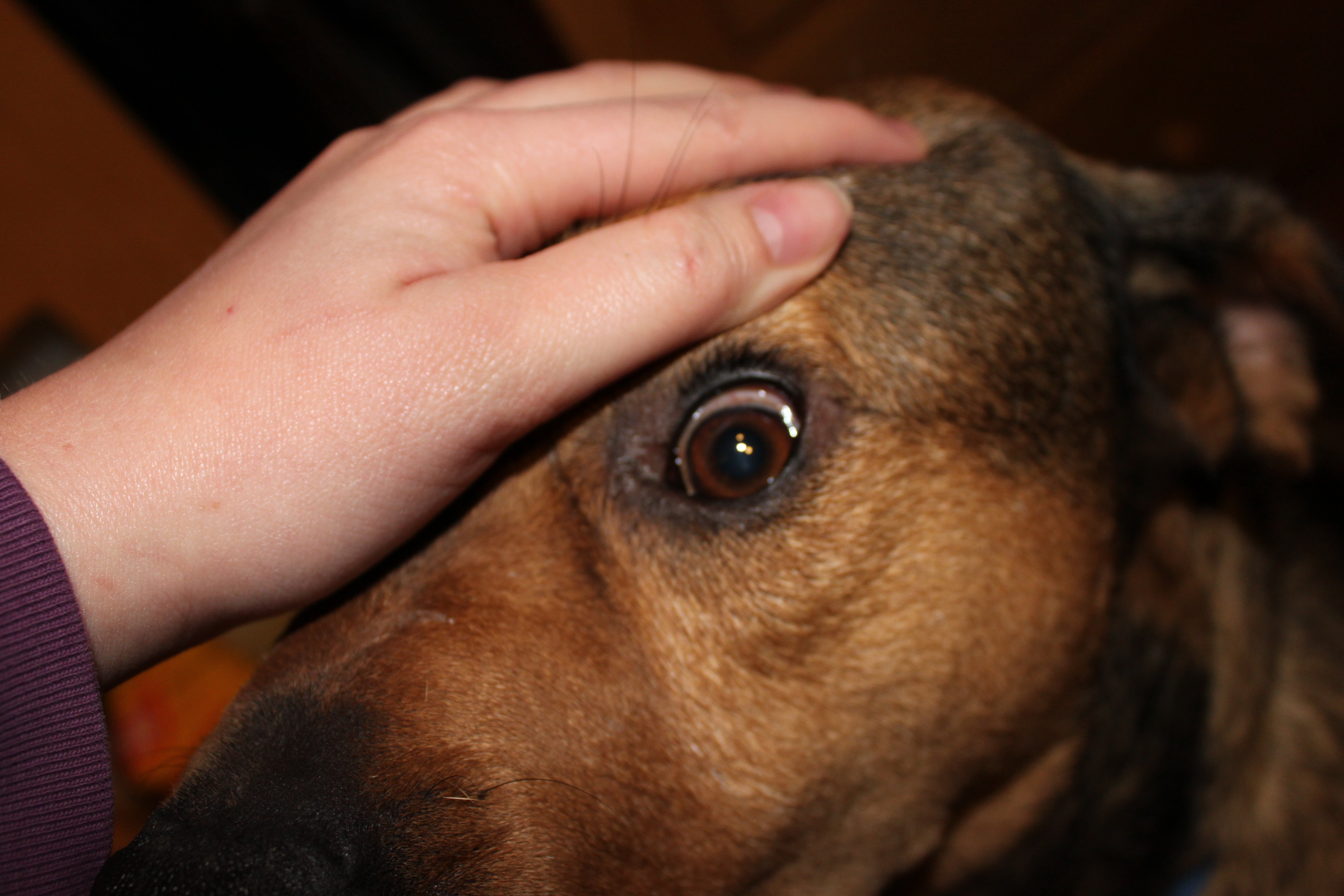Dark Spot In Dog'S Eye
In the early hours of July 4, 2017, a bright light filled the sky. It was as if nature had taken a turn for the worse and she had gifted humanity with a dark spot in her eye. This was not a natural event and it did not resemble anything that had happened before. Unknown to many, this was an ominous sign that something was very wrong.

What is a dark spot in a dog's eye?
A dark spot in a dog's eye is normal and often appears as a brown or black dot. This patch can be big or small, and it may be surrounded by other darkness.
The history of dark spots: Some dogs have them from birth, while others develop them over time.
There is no one answer when it comes to the history of dark spots in dogs’ eyes. Some dogs have them from birth, while others develop them over time. However, there are a few key points to consider if you want to know more about this topic. First, dark spots can be a sign of something larger – such as an illness or injury – and may not be immediately apparent. Second, they can often be less conspicuous than other areas of your dog’s body. Finally, they can vary in size and intensity, so it’s important to know what type of dark spot your dog has and how much light it casts on his overall appearance.
The effects of darkness on Dogs: Lighting can cause or worsen dark spots.
There are many things that can cause dogs to have dark spots on their eyes, but one of the most common causes is lighting. When light shines in a dog's eye, it can cause the pigment melanin to scatter and create dark spots. This can make the dog look tired or older than they actually are, and it can also give them a negative appearance. In some cases, this can be very serious because dogs with darkened eyes are at a higher risk for developing cataracts and other eye diseases.
Treatment for dark spots: Some dogs have surgery to remove the area, while others have treatments that depend on the severity of the spot.
Dark spots are a common occurrence in dogs, and they can be quite troubling. Some dogs have surgery to remove the area, while others have treatments that depend on the severity of the spot. There is no one definitive solution for dark spots, so it is important to consult your veterinarian for a more effective treatment plan.
Conclusion: Dogs with darker spots may require special care and attention, just like any other pet.
Dogs with darker spots on their skin may require special care and attention just like any other pet. Dogs with darker spots are more likely to have inherited some melanoma, a form of cancer that originates from the melanocytes in the dog's skin. The cancer is often spread through contact with other parts of the dog's body, so it's important to keep them clean and free from potential sources of infection.